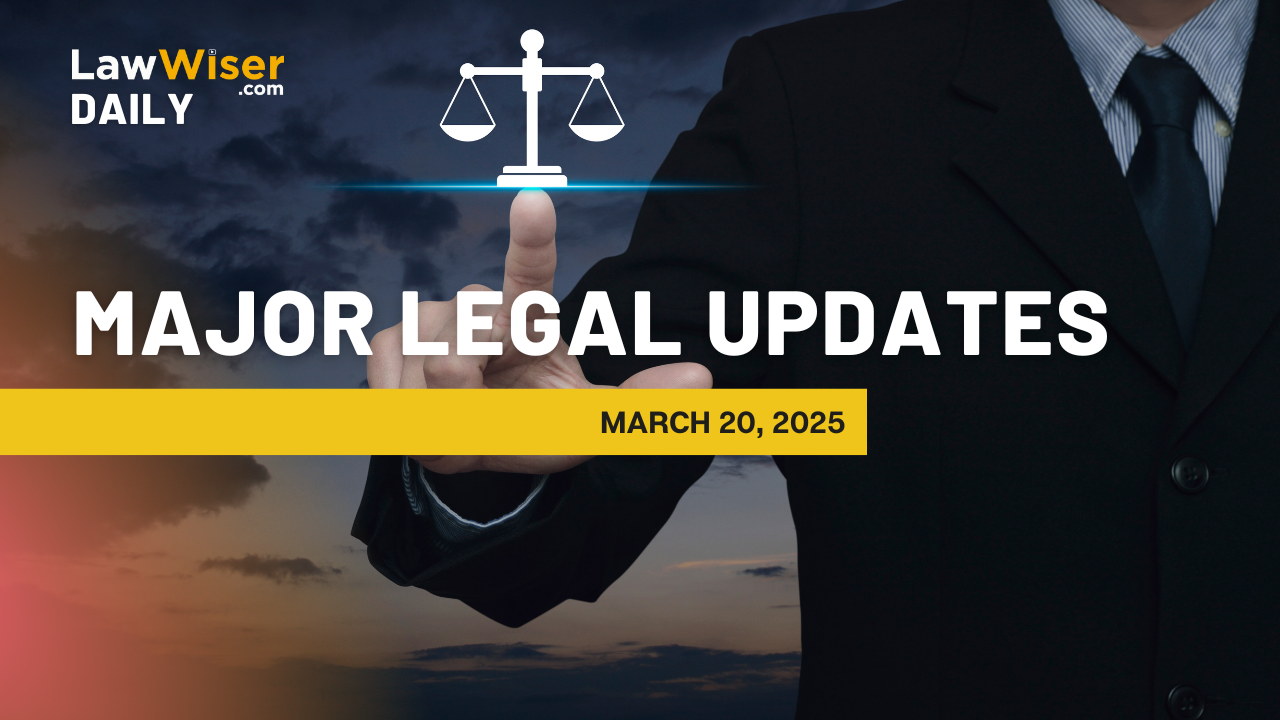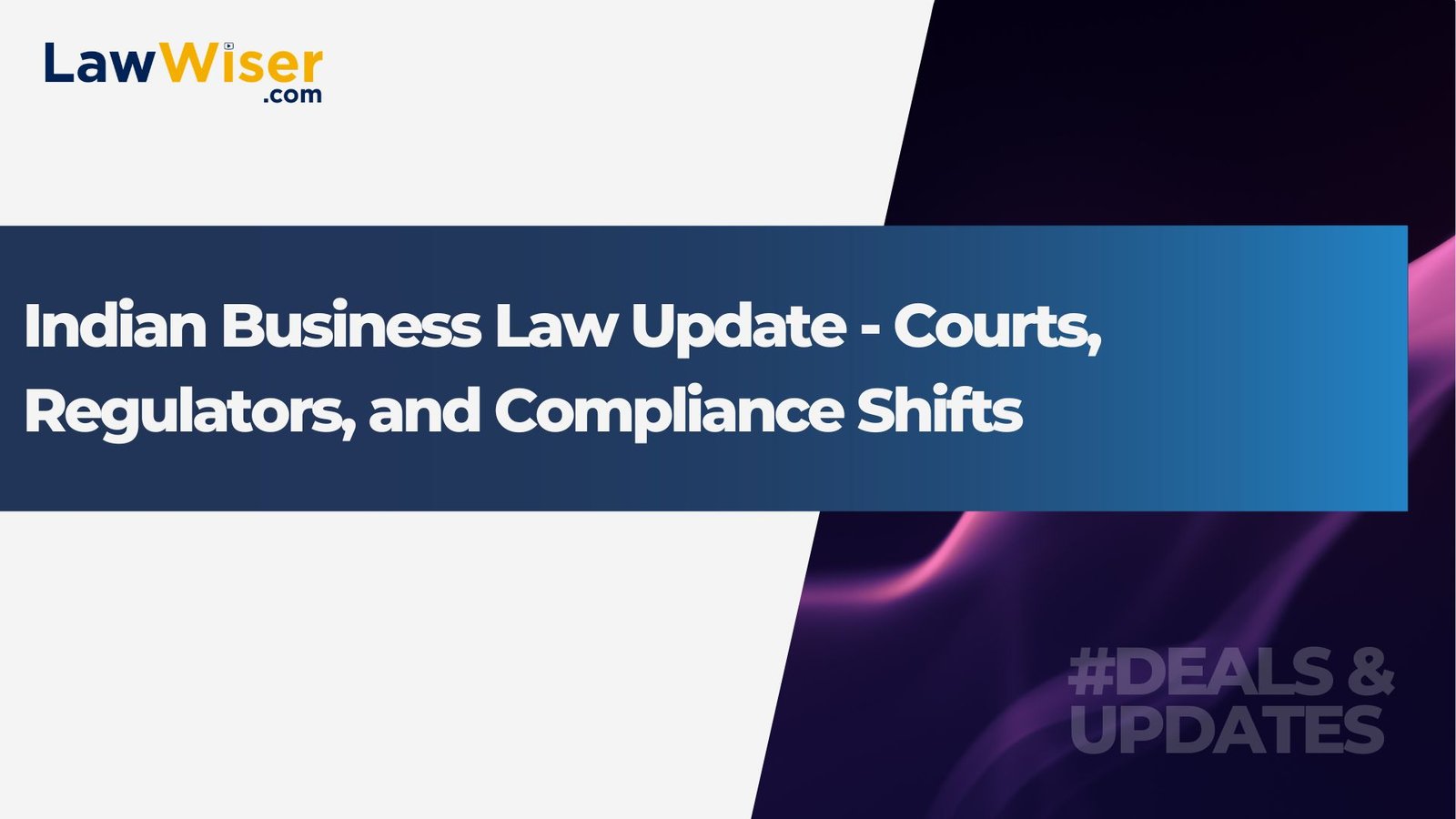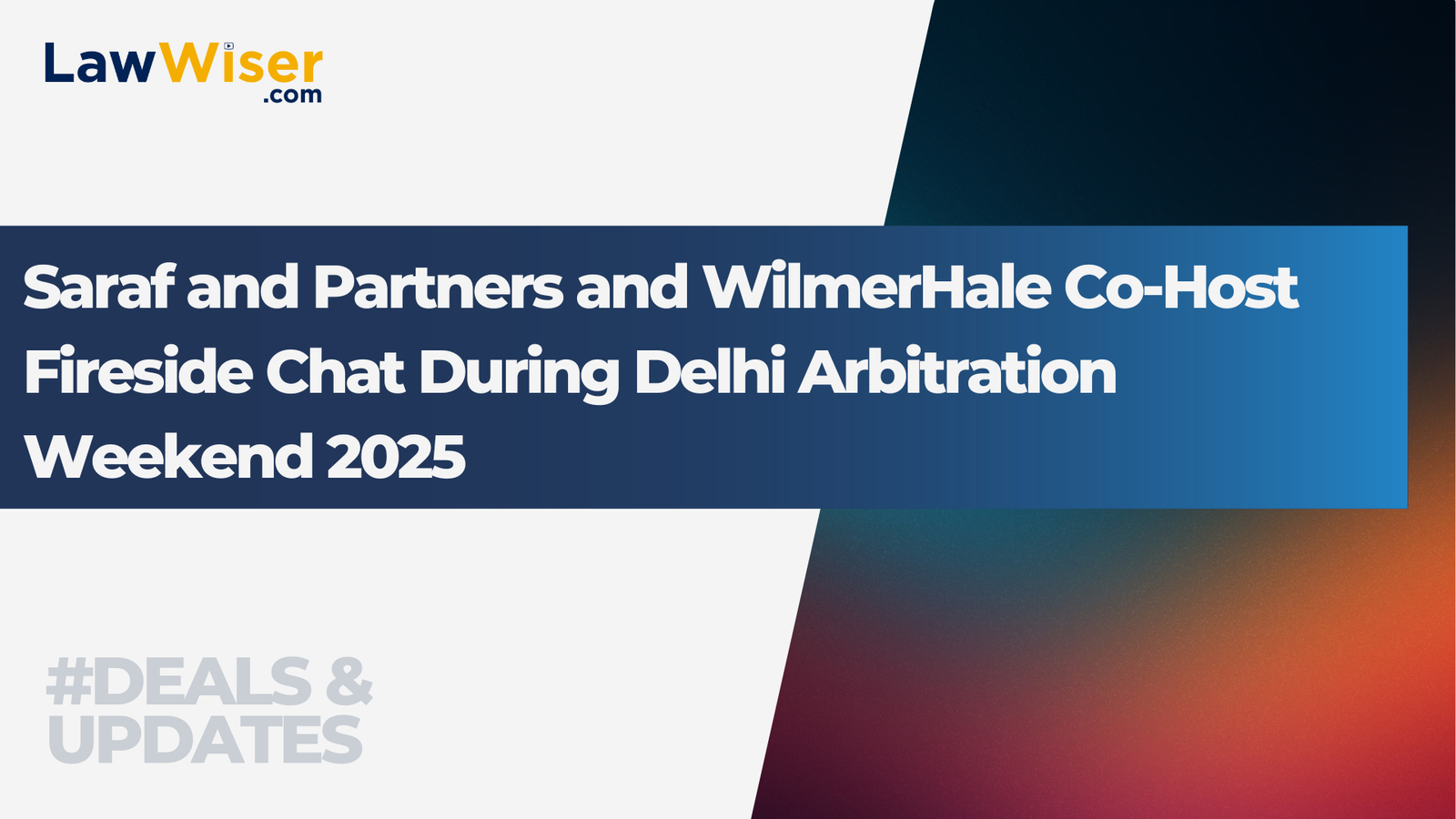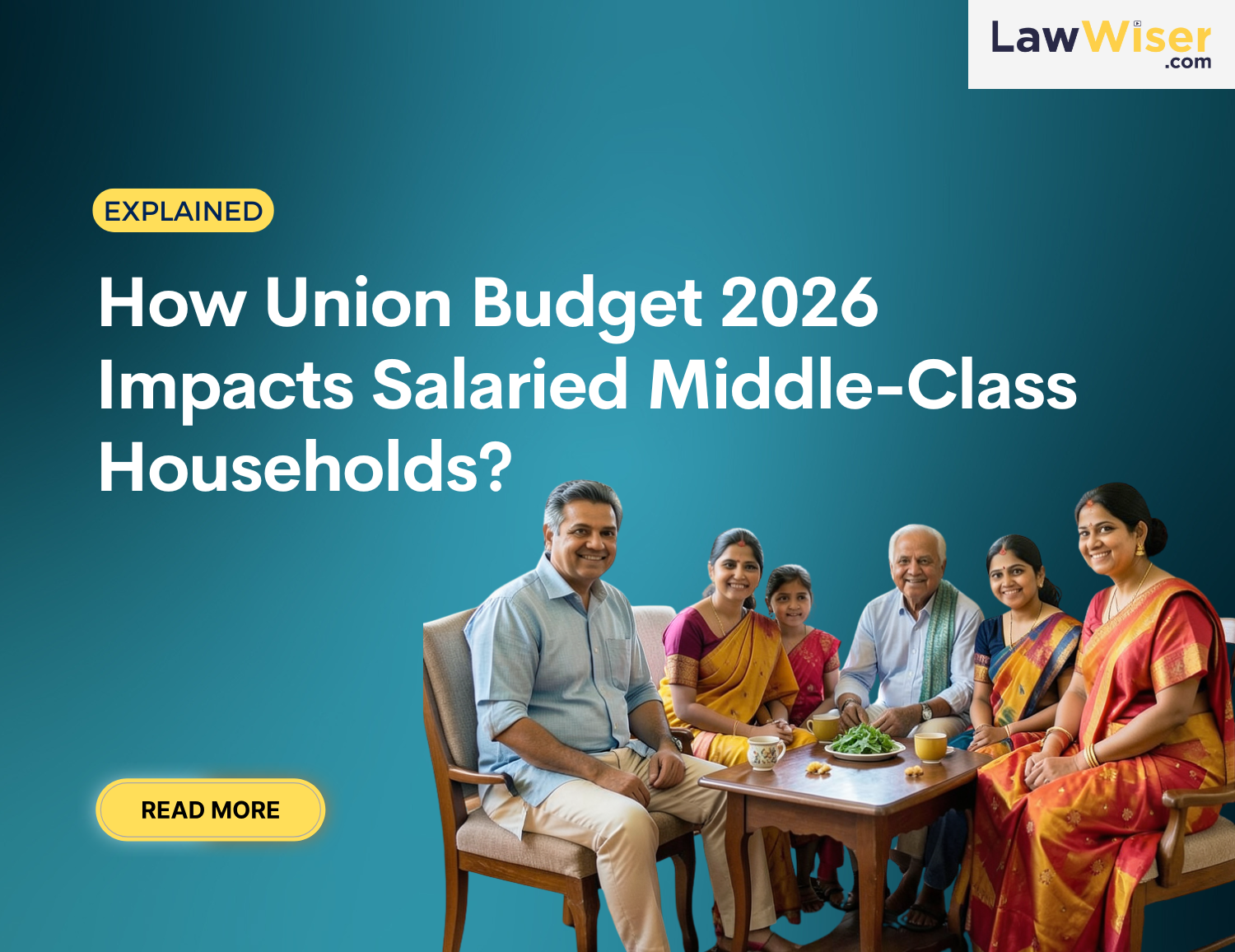BCI Bans Celebrity Endorsements and Social Media Advertising for Lawyers
The Bar Council of India (BCI) has issued a press release, dated March 17, 2025, prohibiting lawyers from advertising their services through social media, celebrity endorsements, and influencer collaborations. This action aims to uphold the profession’s ethical standards and public trust.
The BCI’s decision follows an incident where a law firm shared an Instagram reel featuring Bollywood actor Rahul Bose to promote their services. The council criticized such promotions as violations of Rule 36, Chapter II, Part VI of the BCI Rules, which forbids advocates from soliciting work or advertising, directly or indirectly.
Emphasizing that law is a noble profession rooted in justice and integrity, the BCI outlined specific measures:
- Immediate removal of violative advertisements: Lawyers must promptly take down any advertisements that breach Rule 36.
- Ban on celebrity and influencer promotions: Using Bollywood stars, celebrities, or influencers to market legal services is strictly prohibited.
- Prohibition of promotional content: Banners, promotional materials, and digital advertisements for legal work are not allowed.
- Crackdown on unqualified legal advisors: The BCI will act against individuals not enrolled as advocates who offer misleading legal advice.
- No client solicitation via digital channels: Soliciting clients through social media or digital platforms is banned.
- Collaboration with digital platforms: The BCI urges digital platforms to implement measures to filter out deceptive legal content.
Lawyers found violating these guidelines may face severe penalties, including suspension, revocation of enrollment, and contempt proceedings. The BCI’s stance reinforces the principle that legal services should not be commercialized, preserving the dignity and integrity of the profession.
India Introduces New Passport Rules: Key Changes Explained
The Government of India has implemented significant updates to its passport regulations in 2025, aiming to enhance security, streamline the application process, and align with international standards. These reforms affect various aspects of passport issuance and are crucial for applicants to understand.
Mandatory Birth Certificate Requirement
Individuals born on or after October 1, 2023, must present a birth certificate as the sole proof of date of birth when applying for a passport. This certificate must be issued by authorized bodies such as the Registrar of Births and Deaths or municipal corporations. Applicants born before this date may continue to use alternative documents like PAN cards, driving licenses, government service records or school certificates for birth verification.
Removal of Residential Address from Passports
To enhance privacy and data security, residential addresses will no longer be printed on the last page of passports. Instead, this section will feature a computer-readable barcode, allowing immigration authorities to securely access necessary information.
Introduction of Color-Coded Passport System
A new color-coded system has been introduced to categorize passports based on the holder’s status:
- White Passports: Issued to government representatives and officials.
- Red Passports: Designated for diplomats and ambassadors.
- Blue Passports: Assigned to ordinary Indian citizens (this remains unchanged).
This system aims to simplify identification and streamline international processes.
Removal of Parents’ Name
The updated regulations eliminate the requirement to display parents’ names on the last page of passports.
X Corp Challenges Central Government’s Use of ‘Sahyog’ Portal in Karnataka High Court
X Corp has filed a petition in the Karnataka High Court contesting the Central government’s use of the “Sahyog” portal, an online platform that facilitates information-blocking orders without following the necessary safeguards outlined in Section 69A of the Information Technology Act, 2000 (IT Act). The petition argues that this portal and the associated actions by the government bypass the statutory framework established by the IT Act and the Supreme Court’s ruling in Shreya Singhal v. Union of India.
The petition was filed in response to several take-down orders issued by the Union Ministry of Railways regarding posts about the New Delhi Railway Station stampede. The case was briefly heard by Justice M Nagaprasanna on March 17, with a subsequent hearing set for March 27.
Delhi High Court Upholds Eveready’s Trademark Rights Against Mahalaxmi Industries
The Delhi High Court has granted Eveready Industries an injunction against Mahalaxmi Industries, preventing the latter from using the trademark ‘JOSH’ on its torches and flashlights. Eveready, which has used the trademark ‘JOSH’ since 2009, argued that Mahalaxmi’s use of an identical trademark and similar color schemes could cause consumer confusion and damage Eveready’s reputation and commercial interests.
In its ruling, the court acknowledged Eveready’s longstanding use of the trademark “EVEREADY JOSH”/”JOSH” since 2009 and its substantial market presence over the past 15 years. The court also noted that Mahalaxmi Industries had adopted the identical trademark for similar products and used nearly identical color schemes, increasing the likelihood of consumer confusion. As a result, the court found that this posed a significant threat to Eveready’s commercial interests and reputation.
Eveready Industries was represented by Ankur Sangal, Partner at Khaitan & Co, along with his team of associates.
BCCI and Riju Ravindran Challenge NCLT’s Insolvency Resolution Order
The Board of Control for Cricket in India (BCCI) and Riju Ravindran, the suspended director of edtech firm Byju’s, have challenged the National Company Law Tribunal (NCLT) order, which directed the insolvency resolution professional (RP) of Byju’s parent company, Think & Learn, to present the BCCI’s insolvency withdrawal application to the committee of creditors (CoC).
Senior advocate CK Nandakumar, representing BCCI, argued that the Rs 158-crore settlement with Byju’s was reached before the CoC was formed, and that the tribunal should have made the decision itself rather than deferring it to the creditors. On February 10, the NCLT instructed the CoC to decide on the application following the reconstitution of the CoC, which now includes financial creditors such as Glas Trust, Aditya Birla Finance, Incred Financial Services, and ICICI Bank.
Nandakumar contended that the settlement, reached prior to the CoC’s formation, was now complicated by conflicting orders from different courts and tribunals, ultimately protecting the rights of Glas Trust. He further stated that the withdrawal application was submitted to interim RP Pankaj Srivastava before the CoC was formed, but was filed with the NCLT afterward.
Arun Kathpalia, representing Ravindran, criticized the insolvency resolution professional (IRP) for not submitting the application to the NCLT, emphasizing that the suspended directors had not been given a chance to be heard.
Glas Trust, representing Think & Learn’s US lenders, argued that by the time the application was presented to the NCLT, the CoC had already been formed, and claimed BCCI intentionally withheld the application from the tribunal. The insolvency proceedings for Byju’s were initiated after BCCI moved the NCLT to recover the Rs 158 crore owed from a sponsorship deal. In August, the NCLAT had approved the settlement after Ravindran agreed to pay the owed amount, but in October, the Supreme Court quashed the previous NCLAT ruling.
Delhi HC Rejects Plea for Court-Monitored Probe into Electoral Bonds, Citing Lack of Evidence
The Delhi High Court dismissed a plea for a court-monitored investigation into alleged corruption and quid pro quo through electoral bonds, stating that the petitioner failed to provide substantial evidence to support the claims. The court found that the petition was based primarily on media reports, questioning their reliability as evidence. The bench of Chief Justice D.K. Upadhyaya and Justice Tushar Rao Gedela noted that the petitioner had not provided concrete material to justify the request for a thorough investigation.
The court emphasized that it would only direct an investigation or prosecution if it were prima facie satisfied with the evidence presented. The Central Bureau of Investigation (CBI) counsel also argued that the allegations were vague and that the petitioner needed to establish the validity of the petition first.
The petitioner, Sudip Narayan Tamankar, an activist, had sought a court-monitored CBI investigation based on his complaint from April 2024. He argued that the electoral bond scheme created an opaque funding system enabling quid pro quo arrangements between corporate entities and political parties. However, the court found the petition lacked solid evidence beyond a list of donors.
In February 2024, the Supreme Court had struck down the electoral bond scheme, which was introduced by the BJP government to allow anonymous political funding. The State Bank of India, which managed the scheme, shared the data with the Election Commission, making it publicly available.
Delhi High Court Stays GST Levy on CCI for Penalties and Fees
The Delhi High Court has granted a stay on the Goods and Services Tax (GST) imposition, including penalties and interest, on the Competition Commission of India (CCI) for fees and penalties received from parties involved in disputes before the Commission. The stay was issued by Justices Yashwant Verma and Harish Vaidyanathan Shankar in response to a writ petition filed by the CCI challenging an order from the Additional Commissioner of CGST (Delhi South).
The CCI argued that its activities, which are statutory regulatory functions, do not qualify as ‘business’ and thus are exempt from GST under Schedule III of the CGST Act. The Commission highlighted a previous Delhi High Court ruling where the Central Electricity Regulatory Commission (CERC) was also exempted from GST for similar functions. The CCI also pointed out that similar issues had been contested in past service tax proceedings, where it was determined that fees collected by the CCI were statutory and not part of a taxable ‘service.’
The CCI sought parity with the CERC and DERC (Delhi Electricity Regulatory Commission), and the court agreed. The matter related to the GST Department’s appeal remains pending before the Customs, Excise, and Service Tax Appellate Tribunal (CESTAT).
The CCI was represented by Senior Advocate Sujit Ghosh and Advocate Manu Sanan of Sanan Law.



 March 20, 2025
March 20, 2025






 February 4, 2026
February 4, 2026 0 COMMENTS
0 COMMENTS



